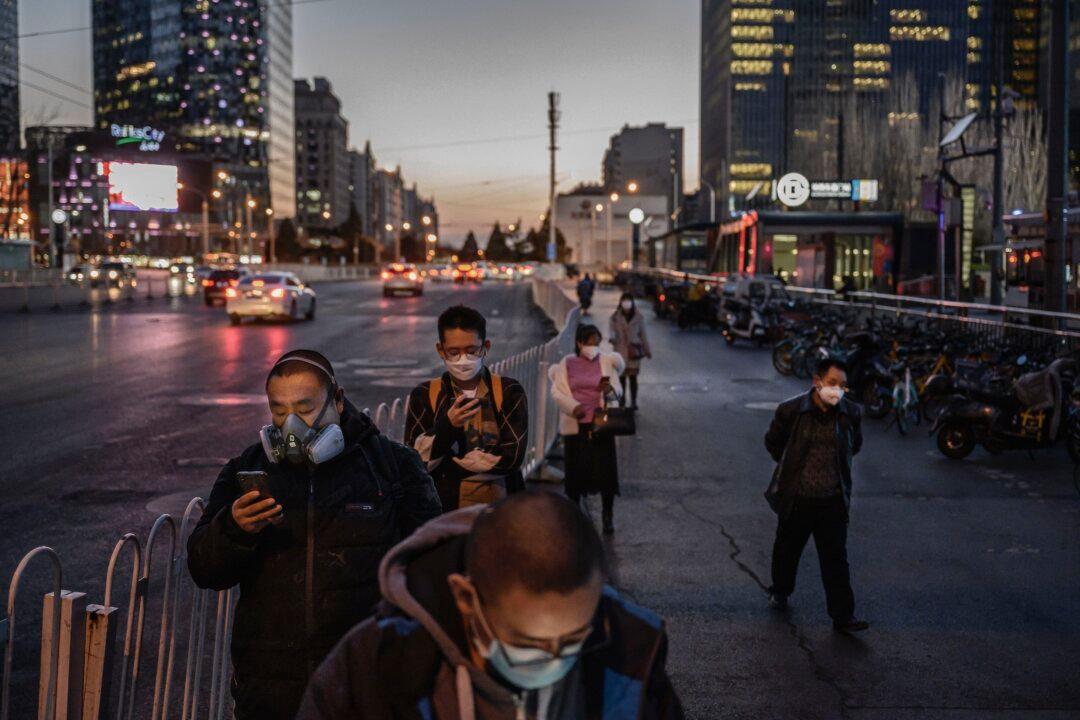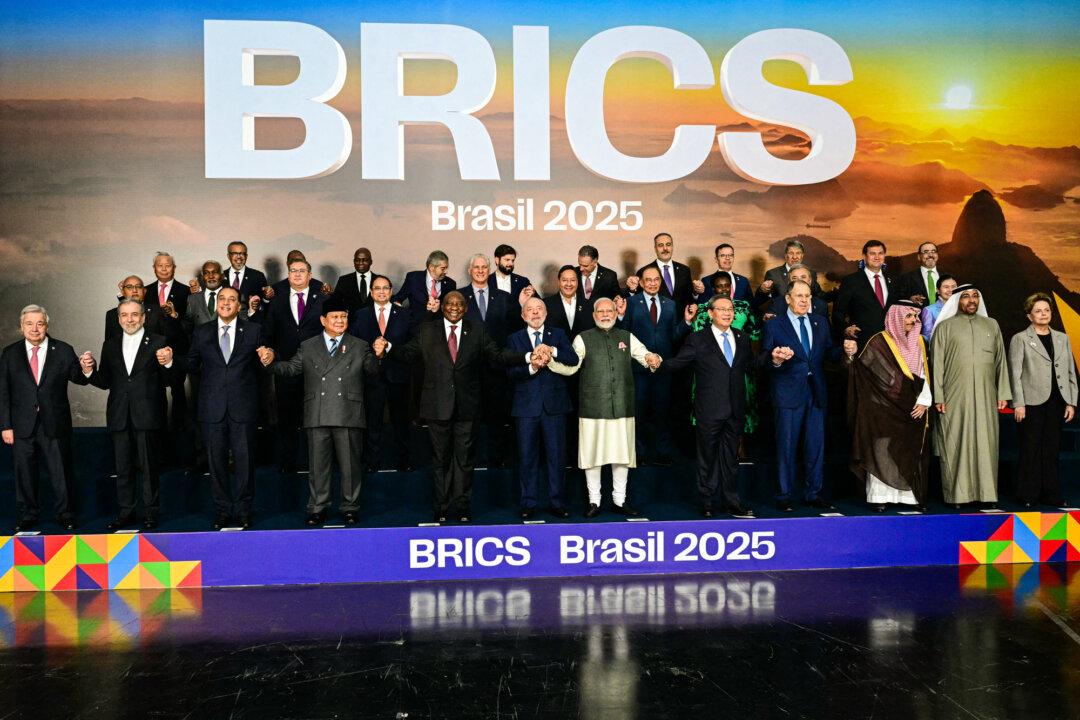Commentary
China’s economy was in deep trouble before it launched its viral pandemic upon the world. The trade war tariffs had diminished exports, and supply chains were moving out of China. But now the economic outlook appears weaker than it has in decades. This may be its worst quarter since the end of the Cultural Revolution in 1976, with an actual contraction in GDP in Q1.





